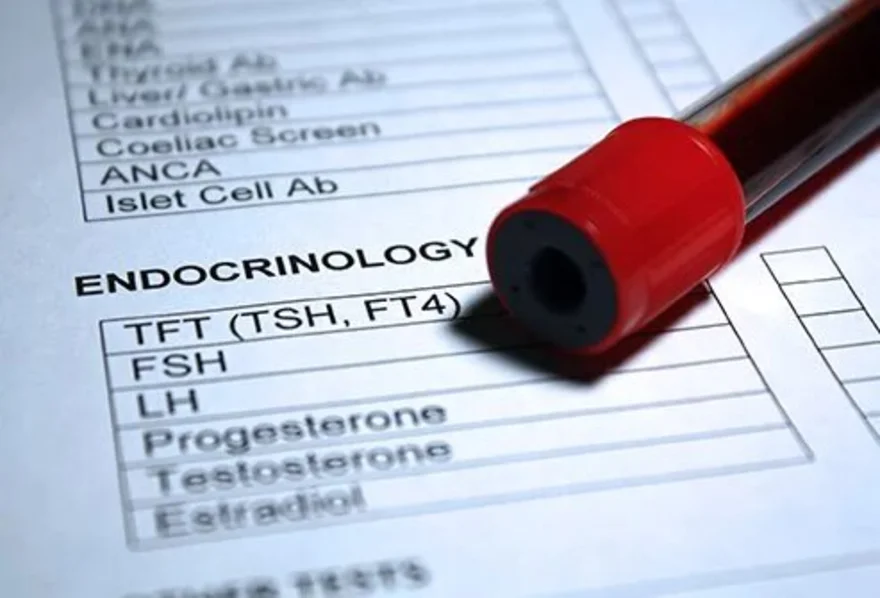liver disease symptoms
Hepatitis C: Your Questions Answered Around the Hepatitis C Virus
What is hepatitis C? Generally, hepatitis means inflammation of the liver. Hepatitis C is a contagious, blood-borne viral infection that causes inflammation of the liver. When the liver is inflamed or damaged by invasion of hepatitis C virus, its function can be affected. If left untreated, inflammation in the liver tissue can lead to serious damage. Hepatitis C infections can range from acute (a mild illness lasting a few weeks) to chronic (a serious, long-term illness). Looking to book health tests online? Book an HCV total antibody test here. What is acute and chronic hepatitis C? Acute hepatitis C is a mild, short-term illness, usually occurs within the first 6 months after acquisition of hepatitis C. In more than half of the cases, acute infection becomes a long-term, chronic infection. Whereas, chronic hepatitis Ccan be a lifelong infection if left untreated. Chronic hepatitis C can cause serious life threatening health problems, such as liver damage, cirrhosis and liver cancer. How serious is hepatitis C? Since many people with hepatitis C infection will never develop any signs or symptoms and hence remain undiagnosed. About 10-20% of persons infected with hepatitis C will go on to develop cirrhosis and less than 5% will actually die of this infection. The good thing is that new medications and treatments to cure hepatitis C are becoming available. What are the symptoms of acute HCV infection? Many people newly infected with the hepatitis C virus are asymptomatic. Some people may develop mild symptoms that may include: Fever Fatigue Dark urine Clay-colored stool Stomach pain Loss of appetite Nausea Vomiting Joint pain Jaundice What are the symptoms of chronic HCV infection? Chronic hepatitis C infection is often referred to as a silent infection as there are no symptoms. If symptoms occur, they are non-specific. Hepatitis C usually goes undiagnosed until the virus damages the liver enough to cause the symptoms of liver disease. Symptoms of chronic infection may include: Bleeding easily Bruising easily Fatigue Poor appetite Jaundice Dark-colored urine Itchy skin Fluid buildup in your abdomen Swelling in your legs Weight loss Confusion, drowsiness and slurred speech Spider Like blood vessels on your skin Liver disease symptoms may be too mild to be noticed. Book a liver function test and rule out the possibility of having an unhealthy liver now. How is hepatitis C transmitted? The hepatitis C virus is usually transmitted through contact with the infected person’s blood. This can happen through: Sharing drug injection equipments like needles and syringes Birth to an infected mother Having sex with an infected person (more often among men who have sex with men) Sharing personal hygiene products contaminated with infectious blood, such as glucose monitors, razors, nail clippers, toothbrushes Health-care procedures that involve invasive procedures Unregulated tattooing Body piercings Blood transfusions and organ transplants Hepatitis C is not spread by casual contacts such as sharing eating utensils, hugging, holding hands and kissing. Breastfeeding, sneezing, coughing, food or water also won’t spread it. Who should be tested for hepatitis C? Hepatitis screening is recommended for all adults aged 18 years or older and all pregnant women during each pregnancy, people with HIV, people with persistently abnormal alanine aminotransferase (ALT) levels, people with ongoing risk factors including those who have ever injected drugs or received donated blood or organs, people with medical conditions such as those currently getting maintenance hemodialysis, children born to mothers with hepatitis C infection or any person who requests hepatitis C testing. What tests are used to diagnose hepatitis C? The anti-HCV blood test is used to rule out if someone has ever been infected with the hepatitis C virus. This test looks for antibodies released into the bloodstream in response to the hepatitis C infection. A negative anti-HCV result suggests that a person has never been exposed to the virus. If a person tests positive for anti-HCV, hepatitis C testing is not considered complete unless a follow-up HCV RNA test is done. Hepatitis C RNA detects the presence and amount of virus in the blood. Qualitative hepatitis C RNA test detects the presence of hepatitis C RNA, while quantitative hepatitis C RNA test measures the amount of hepatitis C RNA. Another follow up test performed in patients diagnosed with hepatitis C to find the strain of virus is genotype testing. Knowing the amount and strain of hepatitis C in the blood is important to guide treatment. How to prevent hepatitis C? At present, there is no vaccine against the hepatitis C virus. So prevention depends mainly on reducing the risk of exposure to the hepatitis C virus in health care settings and in people at higher risks. To protect yourself from hepatitis C infection you should take the following precautions: Disinfect blood and blood-contaminated surfaces right away and hygienically dispose of blood-stained items such as sanitary napkins and bandages. Practice safe sex. Don't engage in unprotected sex to prevent exposure to blood during sex. Avoid sharing drug-injecting equipment such as needles and syringes and other personal items that may be contaminated with blood. Be cautious about tattooing, acupuncture, or body piercing. If you choose to undergo piercing or tattooing, make sure the equipment being used is clean and sterile. Cover any wounds on the skin to keep from spreading infectious blood. How is hepatitis C managed and treated? Acute hepatitis C infection does not always need treatment, as the immune response in some people will clear the infection from the body. However, when acute infection becomes chronic, treatment is necessary. The goal of hepatitis C treatment is to clear the hepatitis C virus from the body and prevent further damage to the liver. Use of new antiviral drugs for 8–12 weeks can result in high cure rates of better than 90%, but access to diagnosis and treatment is low. Along with treatment with antiviral medication, it is important for hepatitis C patients to make healthy lifestyle choices, such as eating a healthy diet, avoiding alcohol and regular physical activity, to aid recovery and prevent further liver damage. Don’t take any prescription pills, supplements, herbs or over-the-counter medications without checking with your doctor, as these can potentially damage the liver. Be tested for HIV, because people who are coinfected with both HIV and the hepatitis C virus are very likely to get cirrhosis. Immunization against hepatitis A and hepatitis B is also recommended as these infections can accelerate chronic liver disease. In some cases, surgery is necessary to treat complications of liver disease. In some patients with advanced liver disease, liver transplantation may be a treatment option.
 Home Visit
Home Visit Upload
Upload















 WhatsApp
WhatsApp